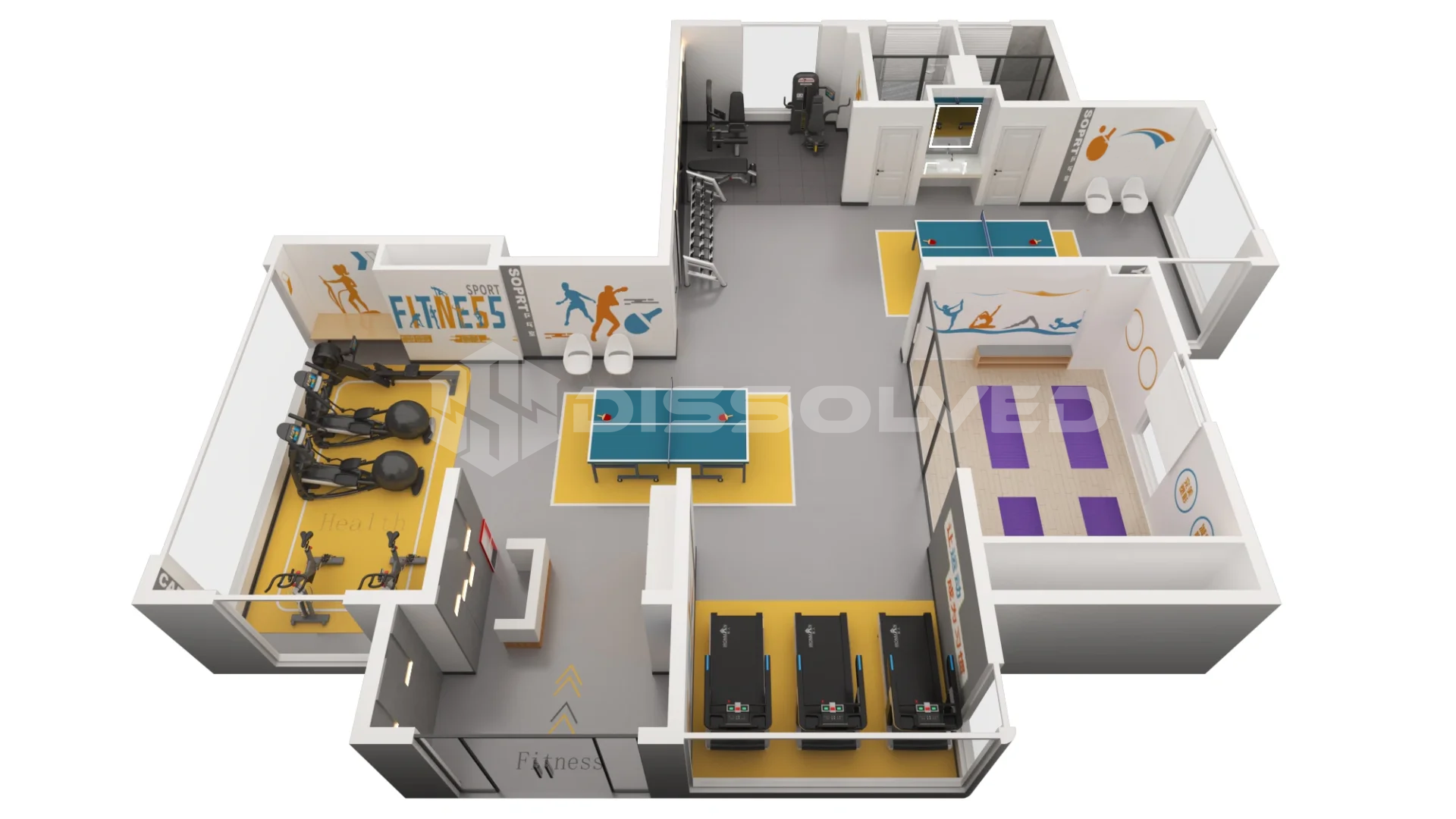Email format error
Email cannot be empty
Email already exists
6-20 characters(letters plus numbers only)
The password is inconsistent
Email format error
Email cannot be empty
Email does not exist
6-20 characters(letters plus numbers only)
The password is inconsistent


In the fast-paced world, maintaining good health and fitness is more important than ever. Whether you're a fitness newbie or a seasoned gym-goer, understanding the fundamentals can help you achieve your health goals more efficiently. Let's dive into some essential fitness knowledge to set you on the right path.
#### 1. The Importance of a Balanced Diet
Your diet plays a crucial role in your fitness journey. A balanced diet provides the necessary nutrients to fuel your body, aid in recovery, and enhance performance. Here are some key points to consider:
- **Macronutrients**: Ensure you're getting the right balance of carbohydrates, proteins, and fats. Carbs provide energy, proteins are essential for muscle repair and growth, and fats support overall health.
- **Hydration**: Staying hydrated is vital for maintaining energy levels and optimizing physical performance.
- **Vitamins and Minerals**: These micronutrients are essential for various bodily functions, including muscle contraction, nerve function, and immune health. Incorporate a variety of fruits, vegetables, nuts, and seeds into your diet.
#### 2. Effective Workout Routines
A well-rounded fitness routine includes a mix of cardiovascular exercise, strength training, and flexibility exercises. Here’s why each is important:
- **Cardiovascular Exercise**: Activities like running, cycling, and swimming improve heart health, increase stamina, and help burn calories.
- **Strength Training**: Lifting weights or doing bodyweight exercises like push-ups and squats builds muscle, boosts metabolism, and strengthens bones.
- **Flexibility and Mobility**: Practices such as yoga or stretching improve flexibility, reduce the risk of injuries, and aid in recovery.
#### 3. The Role of Rest and Recovery
Rest and recovery are as important as your workout routine. Without adequate rest, your body cannot repair and strengthen itself effectively. Consider these tips:
- **Sleep**: Aim for 7-9 hours of quality sleep per night. Sleep is when your body repairs muscle tissue and replenishes energy stores.
- **Rest Days**: Incorporate rest days into your workout routine to allow your muscles to recover and prevent burnout.
- **Active Recovery**: Engage in light activities like walking or gentle yoga on rest days to promote blood flow and reduce muscle soreness.
#### 4. Setting Realistic Goals
Setting achievable and realistic fitness goals keeps you motivated and focused. Here’s how to set effective goals:
- **Specific**: Define clear and specific goals (e.g., lose 10 pounds, run a 5K).
- **Measurable**: Track your progress with measurable outcomes.
- **Achievable**: Set realistic goals that are attainable within your timeframe.
- **Relevant**: Ensure your goals are relevant to your overall fitness objectives.
- **Time-bound**: Establish a timeline to reach your goals.
#### 5. Staying Consistent and Motivated
Consistency is key to achieving long-term fitness success. Here are some tips to stay motivated:
- **Find a Workout Buddy**: Exercising with a friend can make workouts more enjoyable and hold you accountable.
- **Mix It Up**: Keep your routine interesting by trying new exercises or fitness classes.
- **Track Your Progress**: Use a fitness app or journal to track your progress and celebrate your achievements.
- **Reward Yourself**: Set up a reward system for reaching milestones to keep yourself motivated.
#### Conclusion
Embarking on a fitness journey requires knowledge, dedication, and a balanced approach. By understanding the importance of diet, exercise, rest, and goal-setting, you can create a sustainable fitness routine that works for you. Remember, the journey to fitness is a marathon, not a sprint, so stay patient and enjoy the process.
Here’s to a healthier, fitter you!